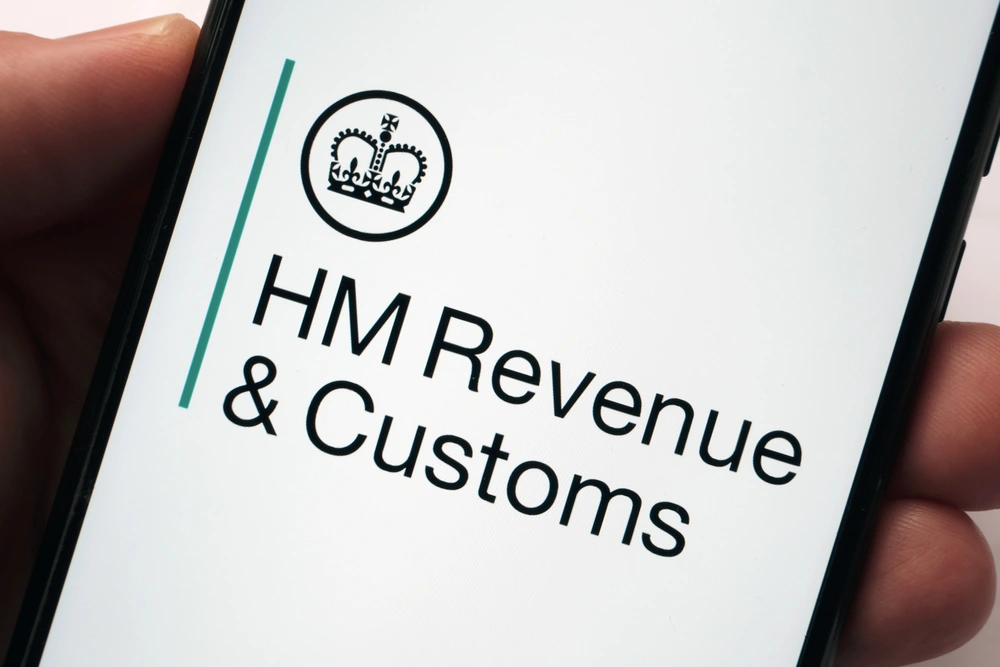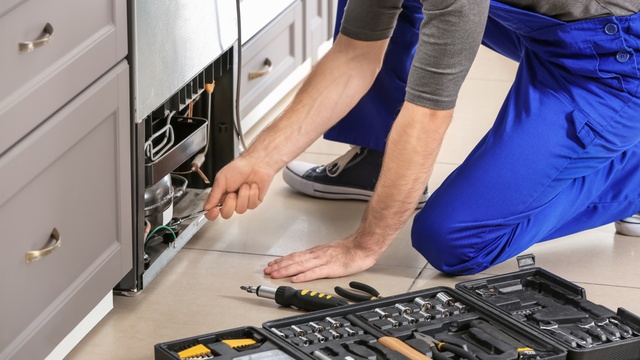The right to repair law (coming into effect in summer 2021) will see appliances easier and more efficient to repair and run. Find out more about who can claim.
Landlords must make sure that the property they rent out is fit for you to live in. So if you’re a tenant, then find out if your repairs could be covered by your landlord.
What is the right to repair scheme?
The right to repair scheme allows tenants in a rental property to have certain types of repair carried out free of charge and within a certain amount of time. The repair scheme helps to protect tenants and ensures that landlords are providing accommodation that’s fit to live in.
Repairs must be fixed within a specified timeframe, which could be from one to seven days, depending on the severity of the problem. For example, a total loss of power or water will be classified as urgent and should be seen within a maximum of one day, whereas a blocked sink should be dealt with within three days.
The new 'right to repair' law applies to white goods like washing machines, dishwashers, and fridges. Under the new law, appliance manufacturers will have to ensure that spare parts are available in the event of a breakdown. Currently, customers often resort to buying a replacement appliance as either parts are not available, or the cost of repair is too expensive.
As well as reducing waste from broken appliances, the law also ensures that appliances adhere to energy efficiency standards which could see households save £75 a year on running costs.
Who can use the scheme?
The scheme is open to anyone that rents from the local authority. Many other social housing landlords, such as a housing association, may have a right to repair scheme in place, although they’re not obliged to.
Your repair won’t be covered by the scheme if:
- you caused the problem
- the cost to fix will be more than £250 (£350 in Scotland)
Private landlords don’t need to have a right to repair scheme but they do have to ensure that their properties are fit for living in, and are responsible for major repairs such as replacing boilers, or anything to do with the structure of the property, wiring problems and damp issues for example. You shouldn't be evicted from a property just because you’ve asked the landlord to make repairs.
If you’re a tenant and aren’t sure if your landlord has a right to repair scheme then contact them to find out.
How to use the scheme
If you have a repair that needs carrying out you should report it to your landlord as soon as possible to make them aware of the problem. You can request a repair to a council property online. The landlord will be able to tell you if the repair is covered under the scheme and assess how urgent it is. You’ll have to provide access to the landlord if they need to examine the problem and for the contractor to carry out the repair as well.
If the repair is not carried out within a certain timeframe then you’ll have to tell your landlord who will arrange for another contractor to visit and the timeframe resets. If the second contractor doesn’t complete the repair within the new timeframe then you’re entitled to write to your landlord to ask for compensation.
Compensation starts at £10, with a further £2 for each day that goes by before the repair is carried out. The maximum compensation you can receive is £50.
If your landlord refuses to make repairs that you believe are their responsibility, or your home is unsafe due to outstanding issues then you can contact the Citizens Advice Bureau for advice.
Find out about the new law making it easier for tenants with pets to find a rental property.
Disclaimer: We make every effort to ensure that content is correct at the time of publication. Please note that information published on this website does not constitute financial advice, and we aren’t responsible for the content of any external sites.








